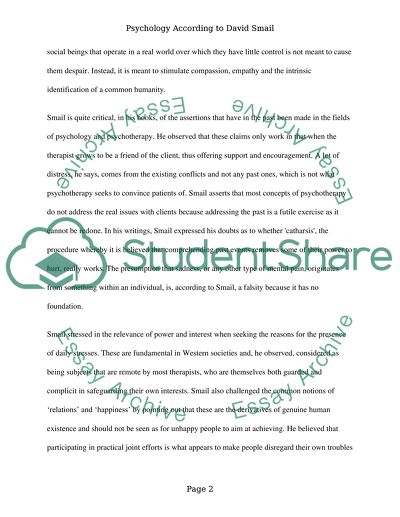Cite this document
(“Psychology, according to David Smail, seems almost wilfully blind to Essay”, n.d.)
Psychology, according to David Smail, seems almost wilfully blind to Essay. Retrieved from https://studentshare.org/psychology/1467158-psychology-according-to-david-smail-yp-seems
Psychology, according to David Smail, seems almost wilfully blind to Essay. Retrieved from https://studentshare.org/psychology/1467158-psychology-according-to-david-smail-yp-seems
(Psychology, According to David Smail, Seems Almost Wilfully Blind to Essay)
Psychology, According to David Smail, Seems Almost Wilfully Blind to Essay. https://studentshare.org/psychology/1467158-psychology-according-to-david-smail-yp-seems.
Psychology, According to David Smail, Seems Almost Wilfully Blind to Essay. https://studentshare.org/psychology/1467158-psychology-according-to-david-smail-yp-seems.
“Psychology, According to David Smail, Seems Almost Wilfully Blind to Essay”, n.d. https://studentshare.org/psychology/1467158-psychology-according-to-david-smail-yp-seems.


